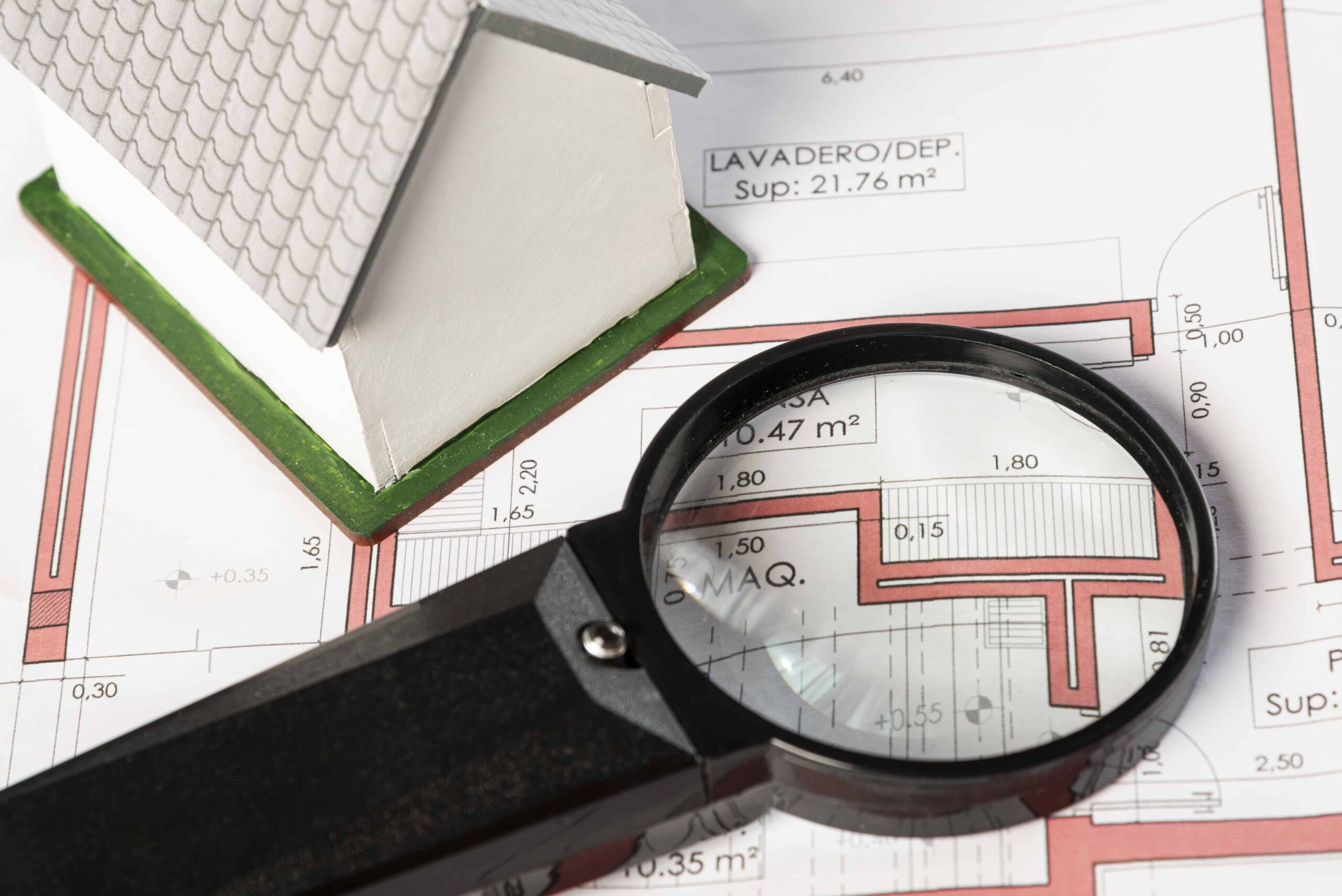Buying a home in Florida is an exciting journey, but it comes with its fair share of complexities. One crucial aspect of the homebuying process is navigating the escrow process. Understanding how escrow works in the Sunshine State can make a significant difference in a smooth and successful real estate transaction.
In this guide, we’ll delve into the intricacies of the escrow process, providing answers to common questions such as “How does escrow work when buying a house in Florida?” and exploring the mechanisms that govern escrow in real estate.
How Does Escrow Work When Buying a House in Florida?
Escrow is a financial arrangement where a third party, known as the escrow agent, holds funds and important documents on behalf of the parties involved in a real estate transaction. In the context of buying a house in Florida, the escrow process typically unfolds as follows:
1. Offer and Acceptance:
The homebuying process begins with the prospective buyer submitting an offer to purchase the property. Once the seller accepts the offer, the next step is to open an escrow account.
2. Opening an Escrow Account:
A neutral third party, often an escrow officer or title company, is chosen to handle the escrow process. The buyer and seller contribute earnest money to this escrow account, demonstrating their commitment to the transaction.
3. Inspections and Contingencies:
The buyer conducts inspections, and if necessary, negotiates repairs or contingencies with the seller. The terms are documented in the purchase agreement.
4. Title Search and Insurance:
The escrow agent performs a title search to ensure there are no outstanding liens or issues with the property’s title. Title insurance is then obtained to protect both parties from any unforeseen title defects.
5. Finalizing Financing:
If the buyer is obtaining a mortgage, this is the stage where they work on finalizing their financing. The lender may have specific requirements that need to be met before closing.
6. Closing Documents:
Once all conditions are met, the parties proceed to the closing stage. The escrow agent prepares the necessary documents for signing, including the settlement statement, deed, and any other pertinent paperwork.
7. Closing Day:
The closing day involves the buyer and seller signing the necessary documents, and the escrow agent disburses funds accordingly. The deed is then recorded with the county, officially transferring ownership.
Processes of Escrow in Florida
The escrow process in Florida involves several key steps to ensure a seamless real estate transaction. These processes include:
1. Escrow Agreement:
The parties involved sign an escrow agreement, outlining the terms and conditions of the escrow arrangement. This document specifies the responsibilities of the escrow agent and the conditions under which funds will be disbursed.
2. Escrow Instructions:
Escrow instructions are detailed guidelines given to the escrow agent, specifying how the transaction should proceed. These instructions cover various aspects, including the distribution of funds, conditions for closing, and the timeline for completing the transaction.
3. Title Examination:
A thorough title examination is conducted to identify any potential issues with the property’s title. This process helps ensure that the buyer receives a clear and marketable title to the property.
4. Closing Statement:
The escrow agent prepares a closing statement, also known as the HUD-1 settlement statement, which outlines all financial transactions related to the real estate transaction. This includes the final closing costs, payments, and adjustments.
Instructions for Escrow in Florida
When navigating the escrow process in Florida, both buyers and sellers need to adhere to specific instructions to facilitate a smooth transaction. Here are some general instructions for escrow in the state:
1. Provide Necessary Documentation:
Buyers and sellers must promptly provide all requested documentation to the escrow agent, including identification, financial statements, and any required legal documents.
2. Review and Sign Documents:
Both parties should carefully review all closing documents and be prepared to sign them on the designated closing day. Any questions or concerns should be addressed beforehand.
3. Fulfill Contingencies:
If the purchase agreement includes contingencies, it is crucial to fulfill them within the specified timeframe. This may involve completing repairs, obtaining financing, or addressing any other agreed-upon conditions.
4. Coordinate with Lenders:
Buyers relying on financing should maintain open communication with their lenders to ensure that all loan requirements are met promptly.
Escrow Mechanism in Real Estate
The escrow mechanism in real estate serves as a safeguard for both buyers and sellers, ensuring a fair and secure transaction. Key elements of the escrow mechanism include:
1. Neutrality:
The escrow agent acts as a neutral third party, impartially handling funds and documents without favoring either the buyer or the seller. This neutrality helps maintain trust and fairness in the transaction.
2. Secure Holding of Funds:
One of the primary roles of the escrow agent is to securely hold the earnest money and other funds throughout the transaction. This ensures that the financial aspects of the deal are managed responsibly.
3. Document Management:
The escrow agent oversees the collection, review, and distribution of essential documents, such as the purchase agreement, title documents, and closing statements. This meticulous documentation is crucial for a successful closing.
4. Disbursement of Funds:
Upon the successful completion of the transaction, the escrow agent disburses funds according to the agreed-upon terms. This may include payment to the seller, covering closing costs, and any other financial obligations.
Navigating the escrow process is a critical aspect of buying a home in Florida. By understanding how escrow works, familiarizing yourself with the processes involved, and adhering to instructions, you can ensure a smoother and more secure real estate transaction. The escrow mechanism in real estate acts as a vital safeguard, providing a neutral ground where funds and documents are handled with precision. As you embark on your homebuying journey in Florida, leverage the knowledge gained from this guide to navigate the escrow process confidently and successfully.





